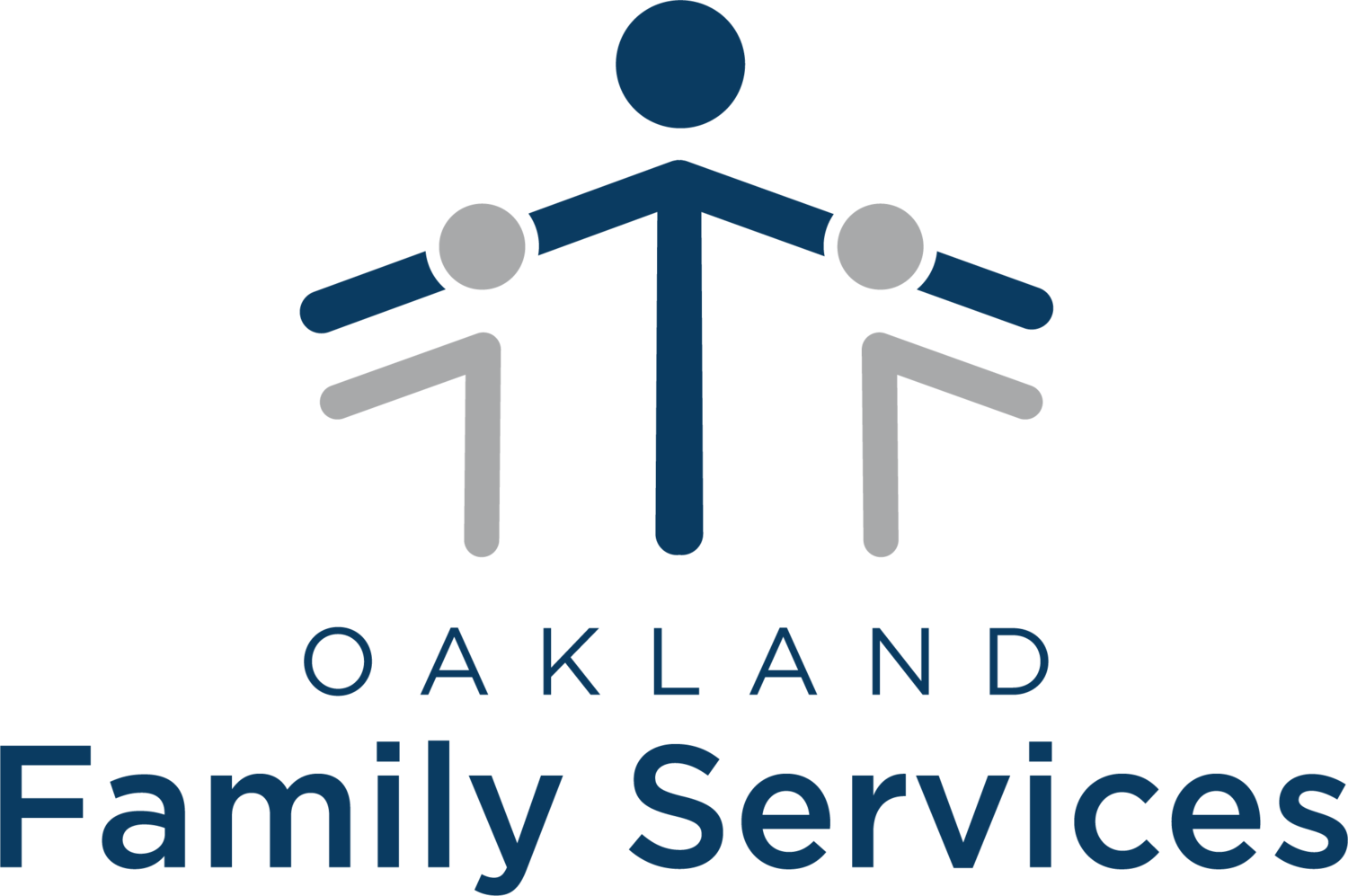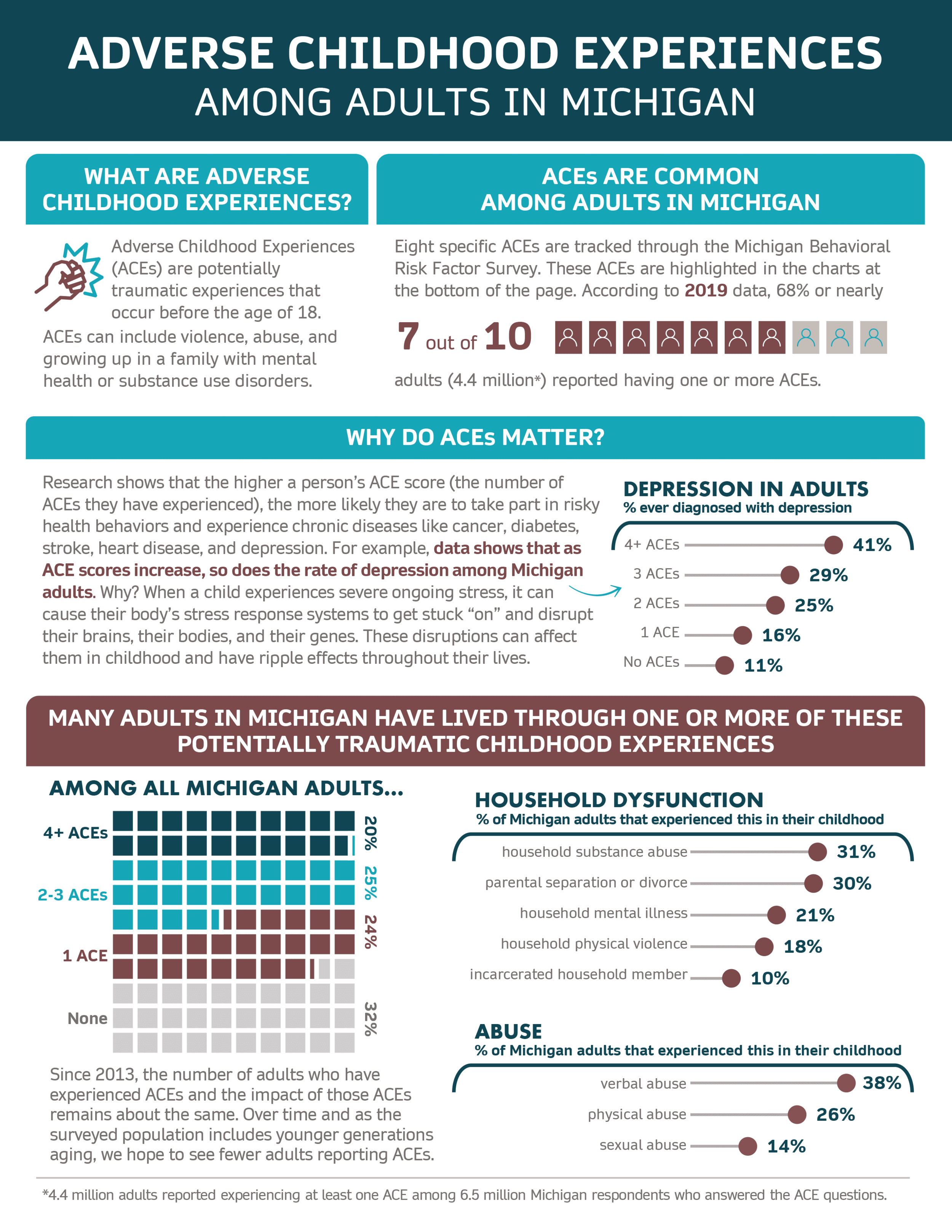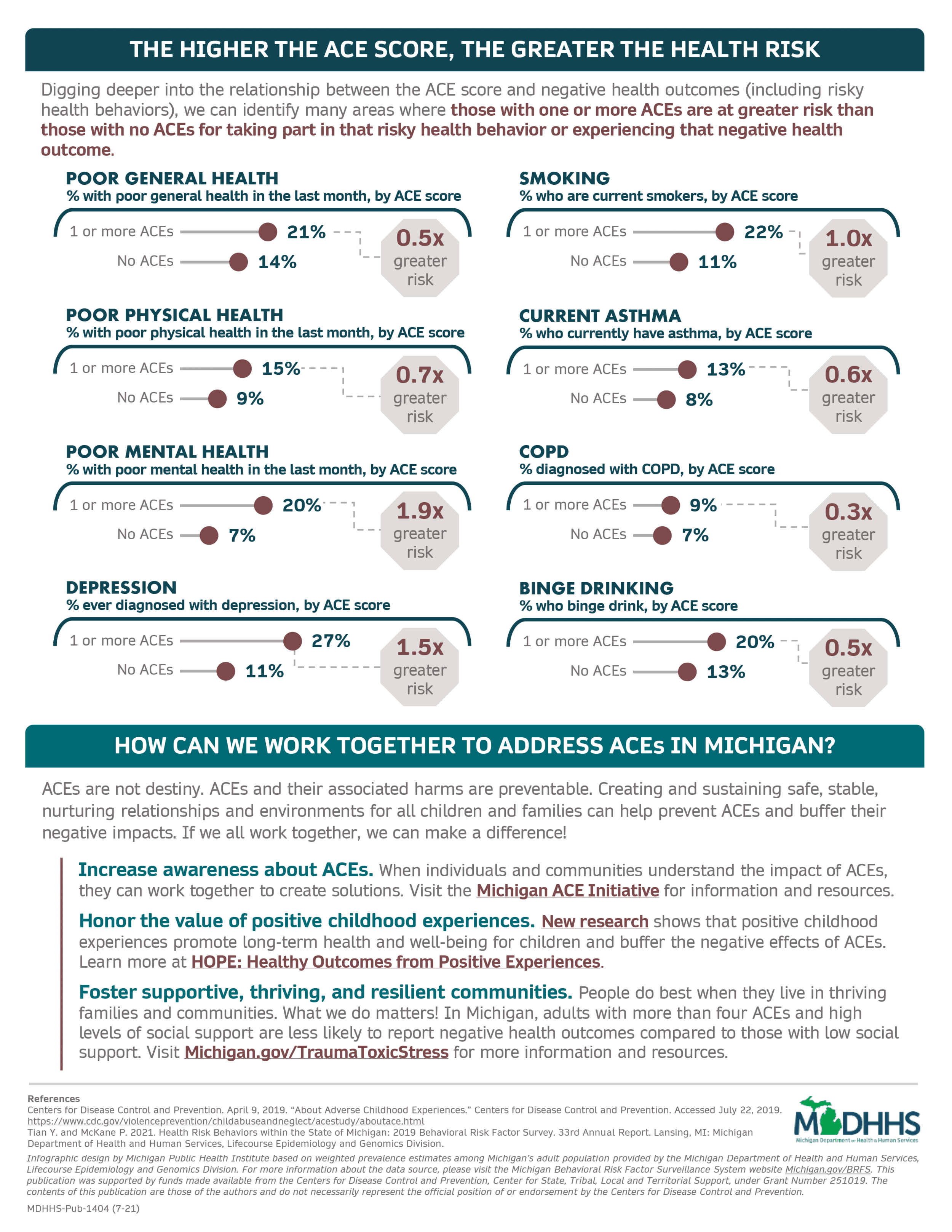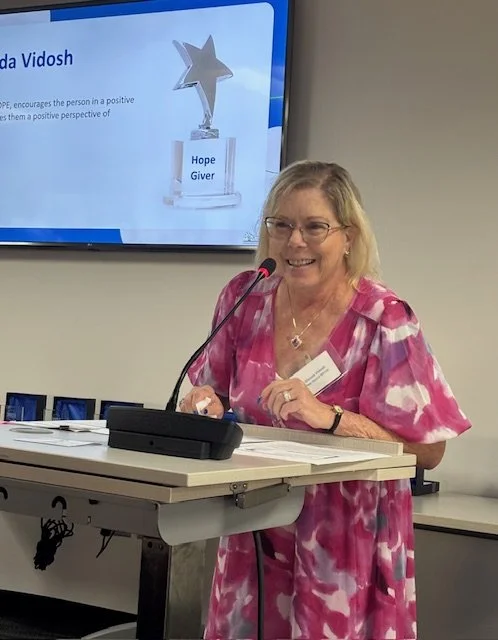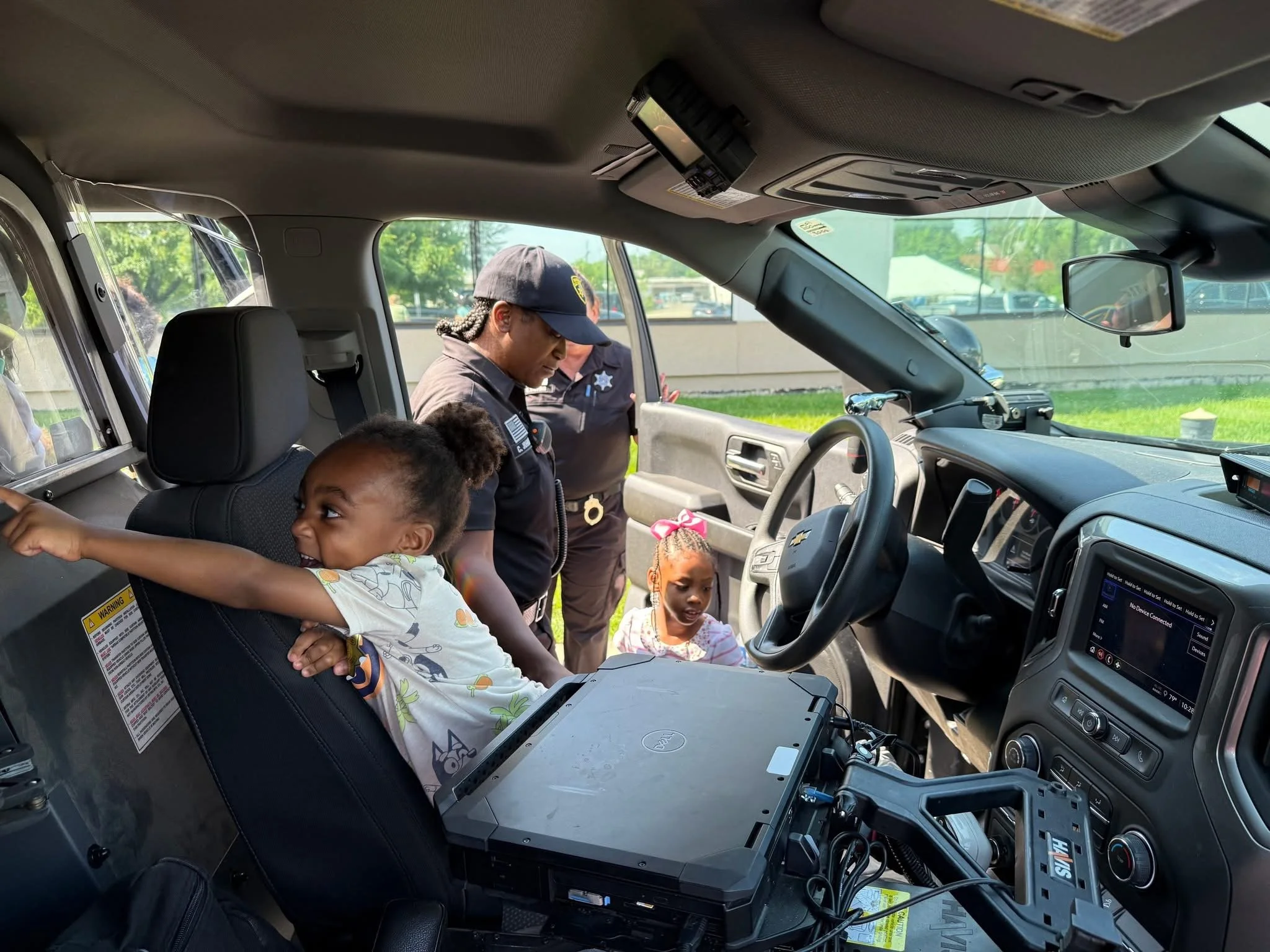Past, present, future: How adverse childhood experiences shape adulthood
What are adverse childhood experiences?
Adverse childhood experiences, commonly shortened to ‘ACEs,’ are experiences that are potentially harmful or traumatic to babies, toddlers, children and teens. ACEs are sorted into three categories: abuse, household challenges and neglect. Click the + signs below for examples of each category.
-
• Physical abuse
• Emotional abuse
• Sexual abuse
-
• Violence against a parental figure
• Parental separation or divorce
• Exposure to substance misuse
• Caregiver mental illness
• Incarcerated household member
-
• Physical neglect
• Emotional neglect
• Medical neglect
• Environmental neglect
• Educational neglect
Why is it important to understand the impact of ACEs?
The impact of ACEs not only affects the child, but stays long into adulthood, creating a harmful ripple effect.
The Centers for Disease Control and Prevention (CDC) and the Department of Preventive Medicine at Kaiser Permanente conducted the original ACEs studies from 1995 to 1997, and many states have built on this research by collecting ACE data through the Behavioral Risk Factor Surveillance System (BRFSS).
The key findings of CDC-Kaiser and BRFSS studies help to highlight just how detrimental ACEs are for children and the adults they become:
ACEs are quite common, even across class divisions, although women and several racial/ethnic minority groups are at greater risk for having experienced four or more types of ACEs.
ACEs are linked to risky behaviors as an adult, such as substance misuse.
ACEs have lasting negative effects on health, from increased risk of cancer to depression to broken bones.
ACEs negatively impact “life potential,” i.e., academic and career achievement.
On average, survey participants who affirmed six or more ACEs died almost 20 years earlier than participants without ACEs.
Toxic stress
In the early 2000s, the National Scientific Council on the Developing Child coined the term “toxic stress” to describe the effects of excessive activation of stress response systems in a child due to strong, frequent, and/or long-lasting adversity, such as physical or emotional abuse, neglect, caregiver substance abuse or mental illness, exposure to violence, and/or the burdens of family economic hardship.
At the same time that the CDC-Kaiser ACE study was being conducted, parallel research by a group of neuroscientists and pediatricians from Harvard University and Rockefeller University on kids’ brains found that toxic stress damages the structure and function of a child’s developing brain, immune system, metabolic regulatory systems and cardiovascular system.
Children who grow up with toxic stress may have difficulty:
Forming healthy relationships
Finding jobs or staying employed
Maintaining stable finances
These effects of toxic stress can trickle down to their own children and their children. Moreover, according to the CDC, the economic and social costs to families and society due to ACEs and toxic stress total hundreds of billions of dollars every year.
Lucy grew up with a mother who lived with untreated bipolar disorder and used alcohol and illegal drugs to cope. When Lucy was very little, many times she went to school without breakfast or clean clothing.
When she was 14, Lucy got a part-time job bussing tables at a local restaurant and was paid “under the table” to help provide for her family.
By 17, she was a full-time waitress and dropped out of high school. Lucy took up smoking with her co-workers during breaks, giving her a chance to rest and make friends.
By 26, Lucy had debilitating knee pain from working on her feet for years and chest pain from smoking. Lucy didn’t have enough strength to play with her toddler. The chronic pain caused Lucy to fall into a deep depression, missing opportunities to connect with her child.
Can ACEs be prevented?
The short answer: Yes. The CDC has identified ways communities can prevent ACEs:
Home-visiting programs for pregnant women and families with newborns
Training programs to help adults learn parenting skills
High-quality child care
Social support for parents
Specific social support programs for parents regarding teens and teen pregnancy prevention programs
Prevention of intimate partner violence
Mental illness and substance abuse treatment
Sufficient income support for lower-income families
Oakland Family Services provides many of the supports listed above, including home-visiting and support for parents of young children through Early On and Parents as Teachers; affordable, high-quality child care and preschool at our Children’s Learning Centers; mental health and substance use disorder treatment for children, teens and adults through Day One and Specialized Services for Youth; and support and training for child care providers through our Early Learning Communities.
In 2020, the CDC announced funding for the Preventing Adverse Childhood Experiences: Data to Action cooperative agreement to support adverse childhood experiences (ACEs) monitoring and prevention in six states, including Michigan. Michigan Public Health Institute has agreed to survey residents and use findings to better understand risk and protective factors of ACEs. As for prevention, it agreed to raise community awareness of ACEs and how to prevent them while integrating ACE prevention into the Michigan Home Visiting Initiative’s care plan.
Our future
As Whitney Houston once sang, “… The children are our future. Teach them well and let them lead the way.”
Today’s children will be tomorrow’s nurses, teachers, CEOs, lobbyists, counselors, charity organizers and leaders. It’s up to all of us to help them grow up to be healthy, safe adults by modeling positive relationships and interactions, teaching life skills, and removing or buffering toxic stress and ACEs in their lives.
For parenting support that can help you help your children thrive, click here to learn more about Oakland Family Services’ Early Childhood Services. Additionally, click here to learn about our Day One mental health program, which can help children, teens and adults coping with toxic stress or Adverse Childhood Experiences now or in the past.
If you live in Michigan and are concerned that a child in your life may be experiencing abuse or neglect, please report it to Children’s Protective Services at 855.444.3911.
